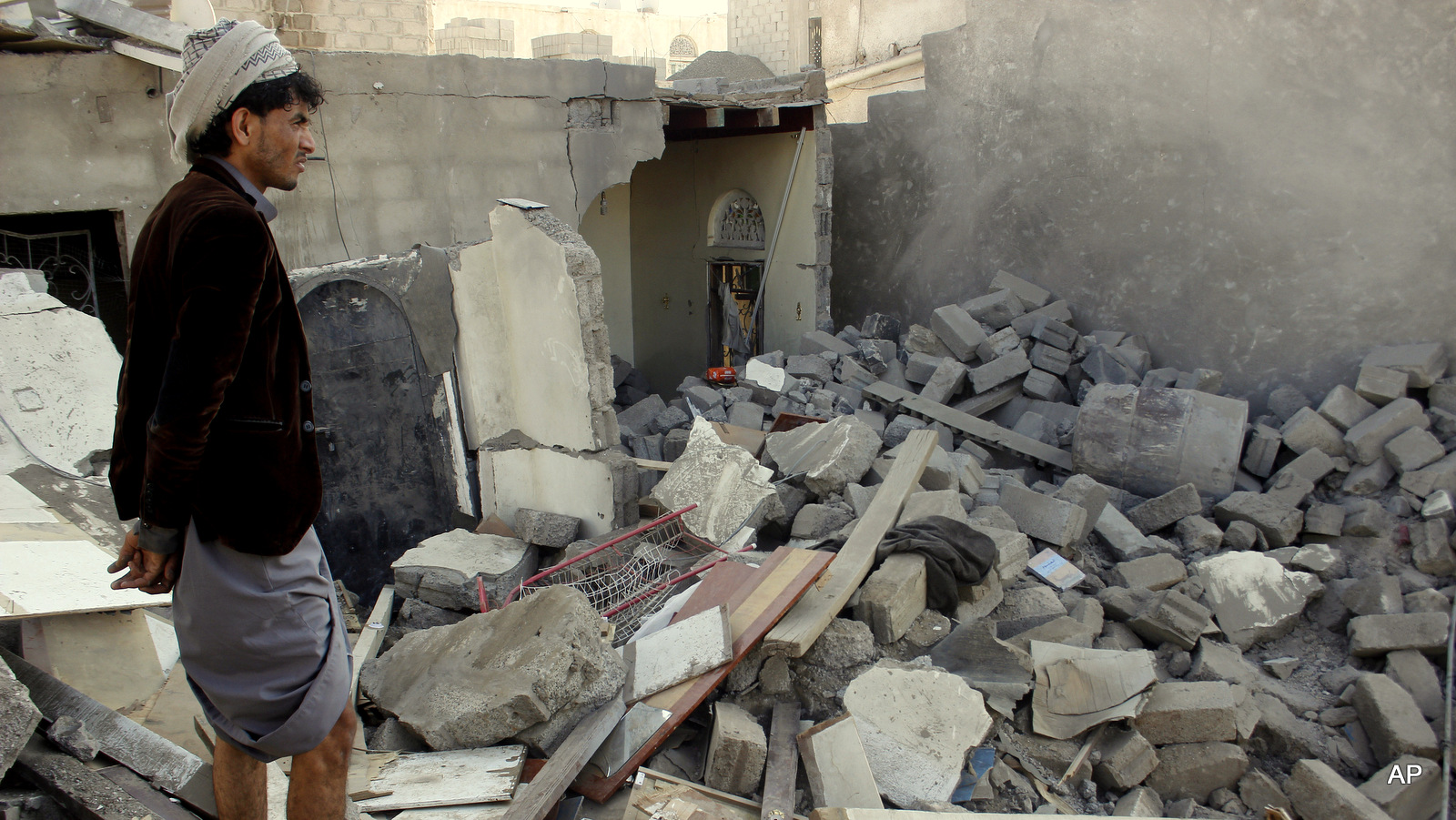On 7 February 2017, the Trump administration announced that it would approve the sale of a $300 million precision-guided missile technology package to Saudi Arabia despite ongoing concerns about the kingdom’s involvement in the conflict in Yemen and civilian casualties. The escalating conflict in Yemen has produced a death toll of over 10,000 citizens with the United Nations humanitarian aid office reporting that 40,000 more citizens have been injured and are in need of urgent assistance. Saudi Arabia’s involvement in the conflict, particularly its airstrikes on hospitals and civilians areas, has led human rights organizations to allege the kingdom has violated international humanitarian law and committed war crimes.
According to a report released by the United Nations Office of the High Commissioner for Human Rights, between March 2015 and 23 August 2016, 3,799 civilians have been killed and injured as result of the war in Yemen. Saudi’s airstrikes have also devastated Yemen’s infrastructure. In an effort to stop the violence, there have been attempts to forge a ceasefire between the parties. In April 2015, the UN Security Council also demanded an end to the violence in Yemen by adopting Resolution 2216. In February 2017, the UN granted a one-year renewal of the sanctions on Yemen in attempt to subdue the escalating conflict and provide humanitarian assistance to those in need.
Despite allegations that it is committing war crimes by bombing residential areas, Saudi Arabia has avoided major international censure. In August 2016, the High Commissioner for Human Rights, Zeid Ra’ad Al Hussein called on the international community to establish an international independent body to carry out comprehensive investigations in Yemen. However, Saudi Arabia was able to fend off a UN-sanctioned inquiry, and in its place the kingdom announced the formation of the Joint Incident Assessment Team (JIAT), a “high level independent committee” to investigate the airstrikes.
However, the JIAT’s work has not seriously addressed the scale of the Saudi-led coalition’s actions. From March 2015, the beginning of Saudi Arabia’s involvement in Yemen, until August 2016, the Yemen Data Project has documented more the 8,600 airstrikes by the Saudi-led coalition. Human rights organizations and other media outlets have documented Saudi-led coalition airstrikes that have hit schools and a funeral. These strikes have led to the death of many innocent people, including women and children. Despite these results, the JIAT has only released reports of eight incidents that show the coalition without any faults. In a letter to Lt. General Mansour Ahmed al-Mansour, Human Rights Watch expressed concern that the JIAT is failing to meet international standards regarding transparency, impartiality, and independence.
In light of ongoing human rights concerns about Saudi Arabia’s involvement in the conflict in Yemen, particularly civilian deaths, lawmakers from the US Congress moved in September 2016 during former-President Obama’s last term to block a $1.15 billion sale that would send up to 153 tanks to Saudi Arabia. Although the tank sale ultimately went through, the Obama administration put a hold on the sale of 16,000 precision-guided weapons kits, valued around $350 million. The administration said that the kits would not help if the coalition did not choose its targets properly. However, these deals are expected to be approved by the Trump administration.
Saudi Arabia’s involvement in attacks against civilian areas in Yemen and its refusal to seriously investigate these attacks underscores the need for the US government to suspend all arm sales to Saudi Arabia, until it agrees to a credible investigation into its alleged human rights violations. Before it sells arms to Saudi Arabia, the United States should call for accountability from the Saudi government for its human rights abuses in Yemen. Continuing to sell arms to the kingdom in light of the humanitarian crisis threatens to make the US complicit in the civilian casualties.
Kannu Taylor is an Advocacy Intern at ADHRB





